You may feel as though you have nowhere to turn for help, but our clinics in Brixton specialise in treating drug and alcohol addiction and helping you to escape the cycle.
Learn more about addiction, rehab, detox and therapy with our guide to drug and alcohol rehab in Brixton.

Did you know that alcohol has been classified as a brain disease? [1]
This is because some studies have found physical and chemical differences in the brains of people with addictions.
This may be due to the substances themselves changing the brain, or a type of brain structure that makes certain people more predisposed to developing an addiction.
But what exactly is a drug or alcohol addiction?
If you are addicted to drugs or alcohol, you will compulsively use these substances even when they are having a negative impact on your life.
Many substances cause withdrawal symptoms or a ‘comedown‘ when you stop using them, keeping many people trapped in a cycle of addiction.
An addiction to drugs or alcohol can cause many physical, mental, social, emotional and financial problems and in the worst cases can even be fatal.
At Rehab 4 Addiction, we offer free advice from a team of non-judgemental professionals, many of whom are in recovery and understand how hard it can be to change your relationship with addiction.
For more information about rehab in Brixton, simply reach out to our 24/7, confidential hotline on 0800 140 4690.

There are two main types of addiction, and these are known as substance addictions and behavioural addictions.
A substance addiction involves frequently using drugs or alcohol, even if it is affecting your life in a negative way.
Over time, these substances can actually change the physical structure of your brain.
This makes it even more difficult to recover from the addiction as your brain is wired to seek out substance use.
A behavioural addiction involves a certain action that is performed compulsively and repetitively, even when they become harmful.
Certain behaviours can be just as addictive as substances, and they stimulate the brain’s reward system in the same way.
You may experience cravings to engage in the behaviour and find it difficult to function without it, similar to a substance addiction.
Some examples of substance addictions include:
Some examples of behavioural addictions include:
No matter what type of addiction you are struggling with, you can find help at support here at Rehab 4 Addiction.

We still don’t know exactly what causes a drug or alcohol addiction, but it is believed that addiction can stem from several factors.
Some people who have experienced a traumatic event, such as a terrorist attack or a sexual assault, may use drugs or alcohol as a way to cope with their feelings about the event. [2]
They may be trying to forget what has happened, or dull their feelings and emotions when they feel unbearable.
Over time, this behavioural can develop into an addiction and they may feel unable to function without the use of substances.
Another potential cause of addiction could be genetic, with some studies pointing to a link between family members with substance use disorders.
If you have a family member with a history of addiction, statistically you are much more likely to develop an addiction yourself.
This may be due to several reasons, such as growing up in an environment where substance use was normalised or an actual gene that is passed down through generations of family members.
At Rehab 4 Addiction, we offer free advice from a team of non-judgemental professionals, many of whom are in recovery and understand how hard it can be to change your relationship with addiction.
For more information about rehab in Brixton, simply reach out to our 24/7, confidential hotline on 0800 140 4690.

Although anyone can develop an addiction regardless of age, gender or social class, some people are more likely to experience this than others.
People who are more likely to develop an addiction include:
It’s important not to become complacent if you don’t identify with any of the above factors.
Even if you are not currently susceptible to developing an addiction, there is always the risk that something in your life could change in the future.
Additionally, the powerfully addictive properties of drugs and alcohol have the ability to form a dependency in anyone regardless of their circumstances.

If you are concerned about your relationship with drugs or alcohol and are considering seeking help, you’re in the right place.
We have compiled a list of warning signs that you may have developed a substance use disorder and may benefit from attending drug and alcohol rehab in Brixton.
You can call the Rehab 4 Addiction team for a free and confidential assessment, as well as a referral to some of the top drug and alcohol rehabs in Brixton.
At Rehab 4 Addiction, we offer free advice from a team of non-judgemental professionals, many of whom are in recovery and understand how hard it can be to change your relationship with addiction.
For more information about rehab in Brixton, simply reach out to our 24/7, confidential hotline on 0800 140 4690.

There’s no getting around the fact that rehab can be expensive, but there are a few ways to lower the costs and make addiction treatment work with your budget.
Brixton has a range of rehab clinics at different price points, so it’s a good idea to research different centres to see what is available.
Some include gyms, spas and other luxury amenities, which can make the overall price more expensive.
Others simply provide the basics – a comfortable place to sleep and an opportunity to recover in a safe and secure environment.
It may be possible to access drug and alcohol rehab in Brixton for as little as £1,000 per week or as much as £100,000 for a 30-day programme.
The average price of rehab is £495 per day which means you will be paying around £15,000 for 30 days, £30,000 for 60 days and £45,000 for 90 days.
This is an important investment, so consider your options carefully in order to make the best choice.
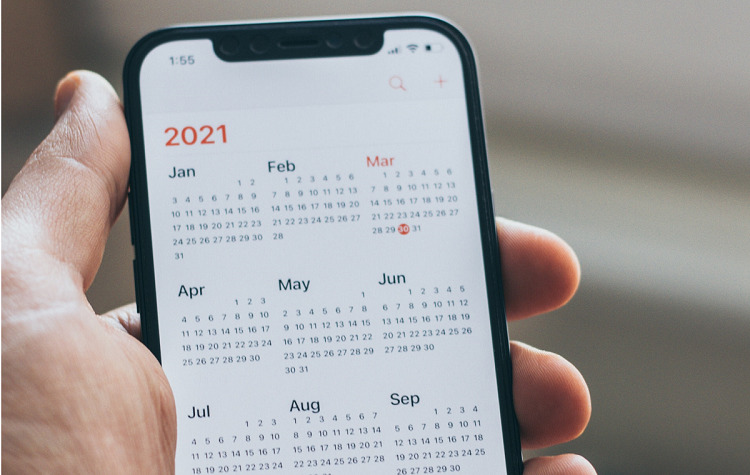
Before attending drug and alcohol rehab in Brixton, you will need to know how much time to put aside for treatment.
This will allow you to take the necessary time off of work and ensure that you have the means to attend rehab for a specific amount of time.
Each rehab clinic is different, and each person requires a different amount of time in treatment.
It’s not possible to know how long you will need to spend a rehab without undergoing a thorough assessment, but you can get a general idea.
The most common treatment programme is 30 days long, but this can be extended to 60 days or 90 days depending on your needs.
It may be possible to attend for just 7-10 days to undergo a medically supervised detox, but this will not include counselling which is an important part of recovery.
At Rehab 4 Addiction, we offer free advice from a team of non-judgemental professionals, many of whom are in recovery and understand how hard it can be to change your relationship with addiction.
For more information, simply reach out to our 24/7, confidential hotline on 0800 140 4690.

There are several ways that you can find the right drug and alcohol rehab in Brixton to suit your needs.
You may wish to attend a private clinic, and in this case you will be able to research various rehab clinics to see which one you would prefer.
This may involve calling several clinics and even visiting them.
If you wish to be referred to a rehab clinic, you can speak to your doctor and ask for a professional diagnosis.
They may be able to do this themselves, or they may refer you to someone who can.
Once you have received a diagnosis, you can request a referral to a rehab clinic.
To access NHS-funded rehab, you will need to meet certain criteria and submit an application to the council.
Your doctor will be able to refer you to a local drug and alcohol support team to assist you with this.
Alternatively, call our team at Rehab 4 Addiction for top quality referrals and an free over-the-phone assessment.
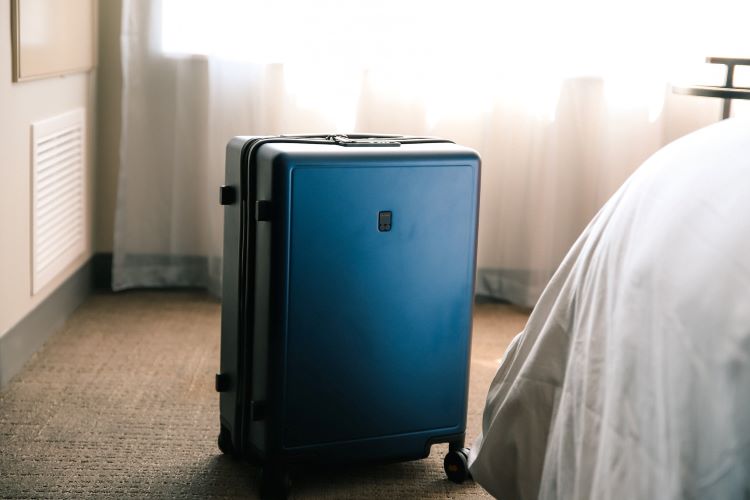
Depending on the type of rehab clinic that you are attending, you may find that they have strict rules regarding which items you can bring with you.
Some rehabs do not allow mobile phones or laptops, for example, and internet use is limited.
Others are more relaxed about the use of devices.
Useful items to bring to drug and alcohol rehab in Brixton include:
Your bags will be searched when you arrive at rehab to ensure they do not contain drugs, alcohol or any other prohibited items.
You should receive information about these rules before your treatment programme begins, but you are unsure then contact the rehab clinic beforehand and ask them about their policies.
At Rehab 4 Addiction, we offer free advice from a team of non-judgemental professionals, many of whom are in recovery and understand how hard it can be to change your relationship with addiction.
For more information about rehab in Brixton, simply reach out to our 24/7, confidential hotline on 0800 140 4690.

It’s understandable that you may be nervous about telling your friends and family that you are going to rehab.
Although you have nothing to be ashamed of, you may still feel embarrassed and worried about their reactions.
Choosing the right time and place is key, as this will allow you to have a more relaxed conversation and gives both you and your loved one the time and space to come to terms with the idea.
Be as honest as possible about your reasons for going to rehab – this will help them to understand how to help you both now and in the future.
Some people may not react in the way you hope, and having a plan for this will ensure that you feel more prepared.
Lastly, you do have the option of writing a letter if you aren’t ready to have a face-to-face conversation about your addiction.
However you choose to tell them, remember that you are taking a brave and courageous step in seeking help and that no one has the right to make you feel ashamed of that choice.

If you are addicted to drugs or alcohol, the first thing you will need to do is undergo a full medical detox.
This is a process that removes all substances from your body so that you can begin to physically and psychologically heal.
Depending on which substances you are addicted to, how long you have been using them and the amount you regularly use, a detox can take between 7-10 days.
Although, some people continue to experience severe cravings for several months afterwards.
You may experience withdrawal symptoms such as nausea, vomiting, tremors and muscle cramps during this process, but these should begin to pass within 72 hours.
Staff will be able to prescribe medication if necessary and will closely monitor you throughout the detox.
At Rehab 4 Addiction, we offer free advice from a team of non-judgemental professionals, many of whom are in recovery and understand how hard it can be to change your relationship with addiction.
For more information, simply reach out to our 24/7, confidential hotline on 0800 140 4690.

Addiction counselling is key to long-term recovery [3] and you will have access to high-quality therapy when you attend rehab.
Some of the therapy treatments that you will have access to at drug and alcohol rehab in Brixton include:
As part of the assessment process, you may be asked which form of therapy you would prefer, and some rehab clinics allow you to try out several types to find the one that best suits you.

Attending rehab can be a life-changing experience and you will gain many benefits from this form of treatment.
Some of the benefits of drug and alcohol rehab in Brixton are listed below:
These benefits apply whether you access private rehab or NHS-funded rehab.
At Rehab 4 Addiction, we offer free advice from a team of non-judgemental professionals, many of whom are in recovery and understand how hard it can be to change your relationship with addiction.
For more information about rehab in Brixton, simply reach out to our 24/7, confidential hotline on 0800 140 4690.
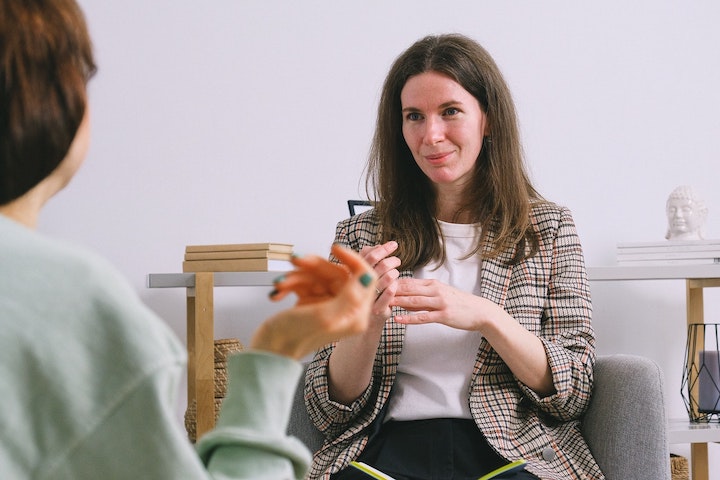
A dual diagnosis means that you have a behavioural or substance addiction as well as a mental health disorder.
This is very common, with up to 60% of people in treatment for addiction being given a dual diagnosis.
A dual diagnosis can make it more difficult to recover from either condition, as they can interact and make each other worse.
Some examples of mental health disorders that may exist alongside addiction include:
When you attend rehab, you will receive specialised support for treating both of your conditions.
This is usually a combination of medication, counselling, detox and aftercare.

You will usually have the opportunity to make a relapse prevention plan before you leave drug and alcohol rehab in Brixton, and your counsellor or medical team may be able to assist.
A relapse prevention plan is a collection of worksheets, documents, techniques and other materials that can help you to stay sober after rehab.
You can check back and read over your relapse prevention plan at any time, and it can be an effective way to stay on track with your recovery.
A relapse prevention plan may include:
While it isn’t completely foolproof, a relapse prevention plan is a great step towards long-term and sustainable addiction recovery after rehab.
At Rehab 4 Addiction, we offer free advice from a team of non-judgemental professionals, many of whom are in recovery and understand how hard it can be to change your relationship with addiction.
For more information, simply reach out to our 24/7, confidential hotline on 0800 140 4690.

The thought of never using drugs or alcohol again can be daunting.
You may start to believe that you are more in control of your behaviour around these substances after rehab, and decide that you are safe to use them in moderation.
However, this can be a slippery slope towards relapse.
Here at Rehab 4 Addiction, we believe that complete abstinence from addictive substances is the most effective way to stay sober after rehab.
Drugs and alcohol can physically change your brain chemistry.
This means that even after you are sober, you may always be wired towards addiction.
Even one drink can lead to another, then another, and before you know it you are deep into a months-long binge.
The longer you go without using drugs and alcohol, the more achievable it will feel.
Remember, you are stronger than you believe and you can do this.

Although relapse rates after rehab are high, it is possible to stay sober after completing a treatment programme. [4]
Even if you do relapse, this doesn’t mean that your recovery journey is over.
You simply need to re-evaluate your actions and decide which changes need to be made to improve your chances of success.
Many people leave rehab and manage to stay sober for the rest of their lives, and many more relapse more than once but eventually manage to live a sober lifestyle.
The key is to keep your sobriety and recovery a top priority in your life.
If you consistently ensure that you make choices with this in mind, you will find it much easier to stay sober long-term.
At Rehab 4 Addiction, we offer free advice from a team of non-judgemental professionals, many of whom are in recovery and understand how hard it can be to change your relationship with addiction.
For more information about rehab in Brixton, simply reach out to our 24/7, confidential hotline on 0800 140 4690.
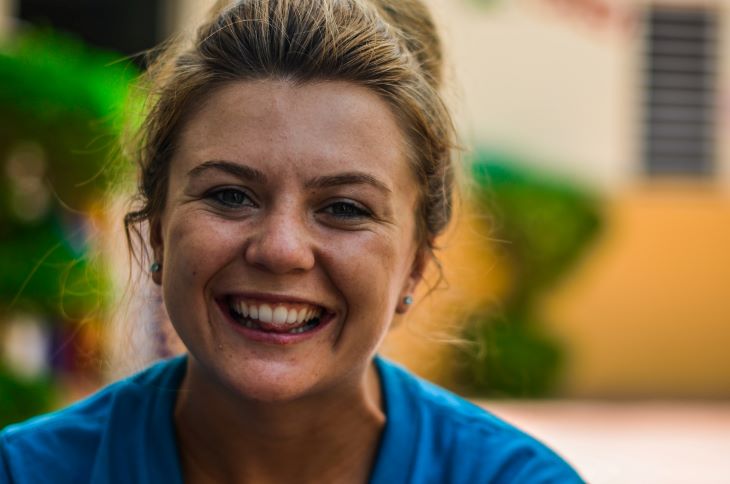
[1] https://www.ncbi.nlm.nih.gov/pmc/articles/PMC3047254/\
[2] https://www.ncbi.nlm.nih.gov/pmc/articles/PMC3674771/
[3] https://www.ncbi.nlm.nih.gov/pmc/articles/PMC4031575/
[4] https://www.ncbi.nlm.nih.gov/pmc/articles/PMC5844157/
 Addiction is often largely misunderstood, with many incorrectly labelling it as a lack of willpower, a moral failing or something that happens after a series of bad choices. When, actually, addiction is much more complex. It can be shaped by a number of things, such as trauma, mental health, the environment you grew up in […] .... Read More
Addiction is often largely misunderstood, with many incorrectly labelling it as a lack of willpower, a moral failing or something that happens after a series of bad choices. When, actually, addiction is much more complex. It can be shaped by a number of things, such as trauma, mental health, the environment you grew up in […] .... Read More
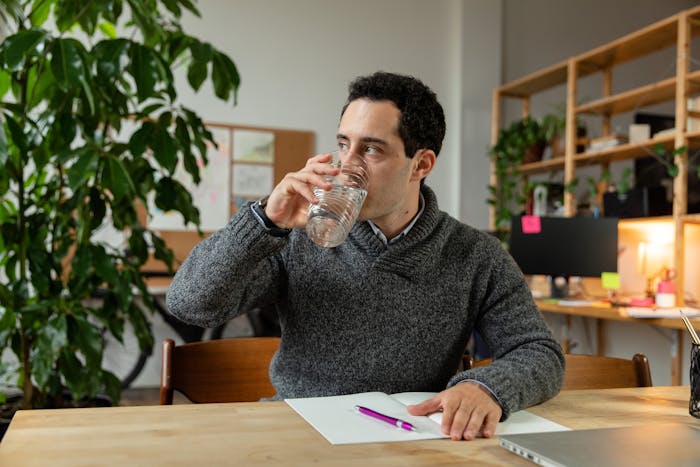 After completing or trying your best for Dry January, it can be tempting to count the days left until you can give it all up and return to drinking. But there are multiple benefits to maintaining your abstinence into February and longer. During Dry January, your liver begins to repair itself, say if you were […] .... Read More
After completing or trying your best for Dry January, it can be tempting to count the days left until you can give it all up and return to drinking. But there are multiple benefits to maintaining your abstinence into February and longer. During Dry January, your liver begins to repair itself, say if you were […] .... Read More